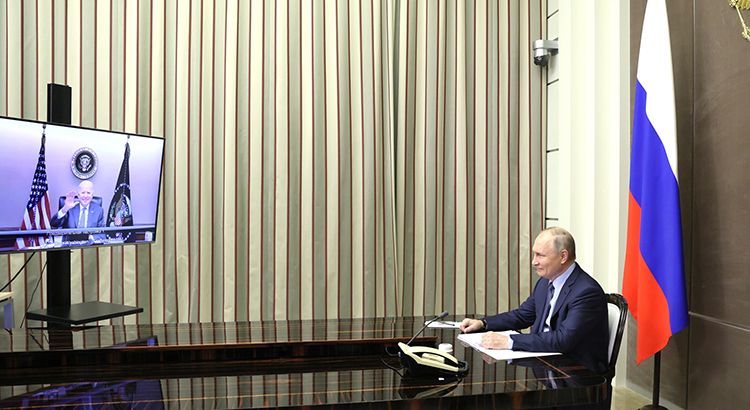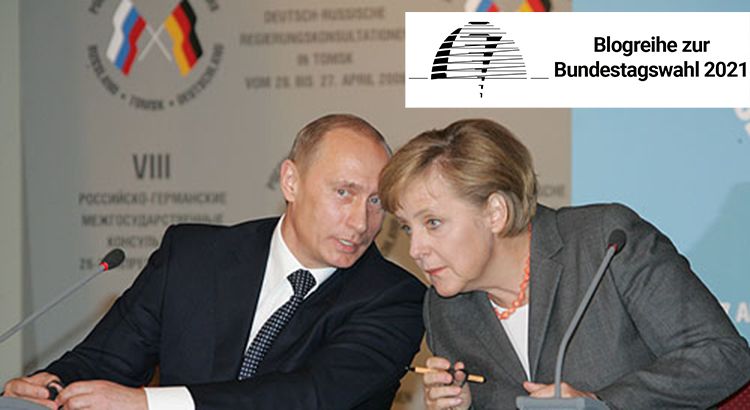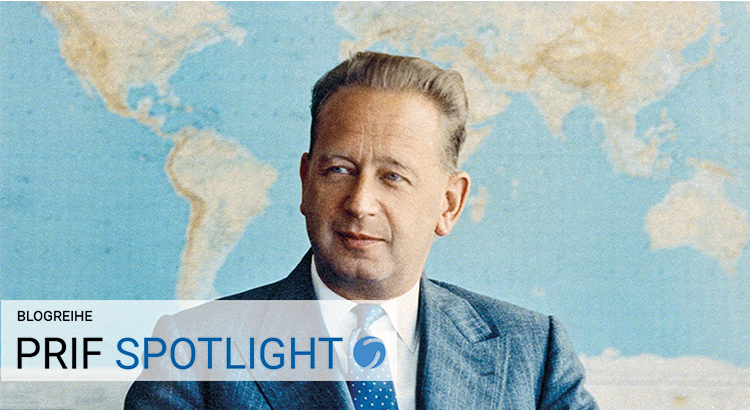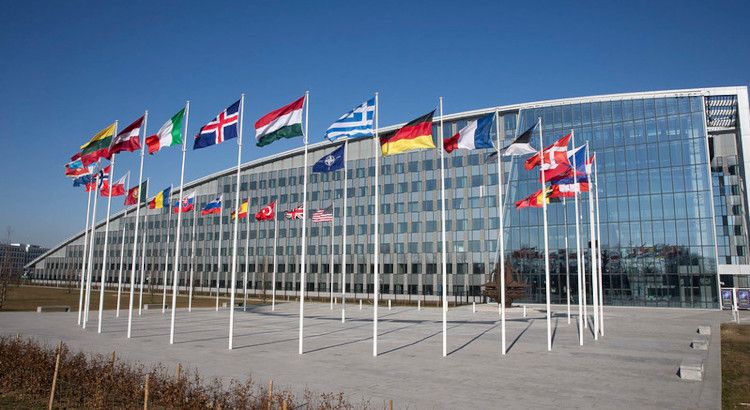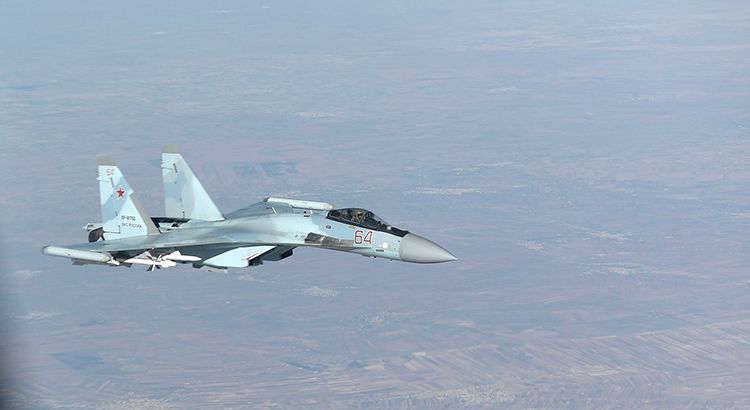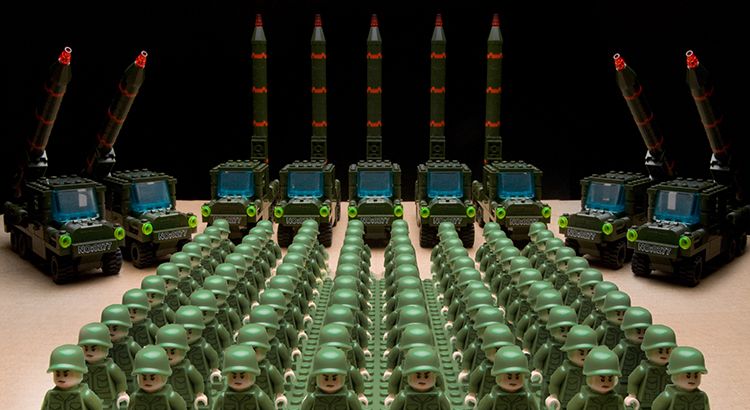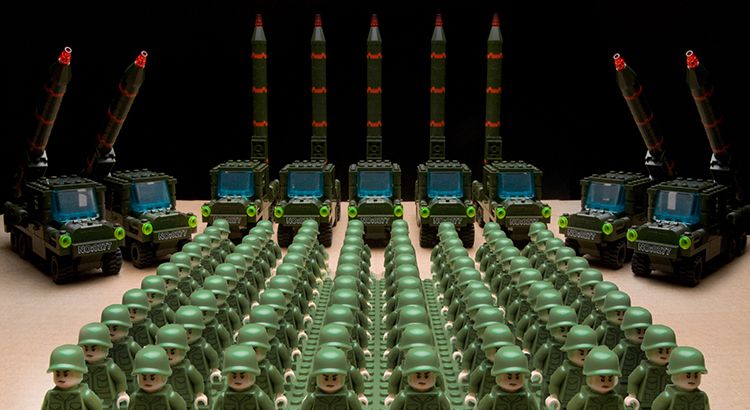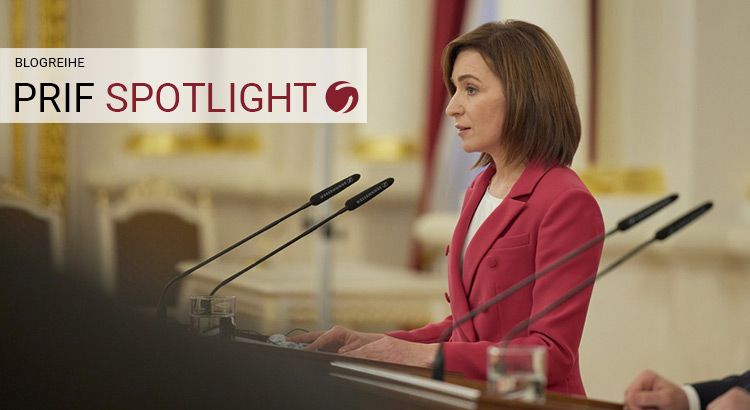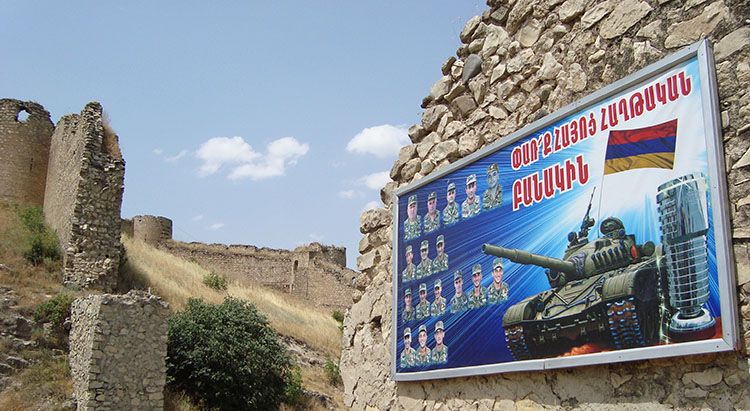Schlagwort: Russland
The recent build-up of Russian troops on the border to Ukraine is making waves in the political...
Zäsur ohne Konsequenz: Die deutsche Russlandpolitik und das Ende der Ära Merkel
Mit Außenpolitik sind keine Wahlen zu gewinnen. Dennoch kommt man am Thema Russland nicht vorbei...
Die UN als globaler „Streitraum“. Zur Aktualität von Dag Hammarskjölds Erbe
Dag Hammarskjöld? War das nicht der mit dem mysteriösen Flugzeugabsturz im Kongo? Außerhalb des...
Three futures for NATO: New FES/PRIF backgrounder for the 2021 NATO summit
Today, NATO‘s Heads of State and Government are meeting in Brussels for a summit that is expected...
Green is the New Black? What might the “Green” German foreign policy vis-à-vis Russia look like?
The election of a new German Chancellor to replace Angela Merkel after more than 15 years in...
Counter-Terrorism for Peace – Syria between the Russian-Led Coercive Peace and the United States’ Withdrawal
After the fifth round of the UN-led Constitutional Committee for Syria in January 2021, the UN...
Bloß Neustart oder Renaissance nuklearer Abrüstung? New START um fünf Jahre verlängert
Die Verlängerung von New START ist gesichert. Damit ist die seit zwei Jahrzehnten fortschreitende...
A renaissance of nuclear disarmament, or merely a new start? New START extended for five years
New START will be extended for five more years. This means that the unraveling of numerous arms...
Breaking the vicious circle: Can the new Moldovan president Sandu succeed in balancing relations with the EU and Russia?
For the first time in its history, the Republic of Moldova has voted for an openly pro-Western...
Nagorno-Karabakh: Why did the Second Armenia-Azerbaijan War Start?
The “frozen” Nagorno-Karabakh conflict between Armenia and Azerbaijan existed for 26 years being...
